I don’t know about you, but I take the great sanitary conditions we have in Australia for granted. When I was at school I never had to miss a day because I had my period or had come down with a disease caused by unsanitary toilets – can you imagine?
Right now, in the developing world, there are 950 million people with no access to sanitation facilities. 443 million school days are missed every year by children because of sickness caused by unsanitary toilets. That’s the same as every school in Australia being empty for six months.
World Toilet Day is on Thursday 19th November and to mark that day Domestos aims to raise awareness of the importance of clean and safe toilets that change lives. In polite society we don’t like to talk about toilets much, but it’s time to speak up about this somewhat unsavoury topic to help make changes that will improve the lives of millions.
Research has shown that access to a safe toilet can…
- Help prevent dangerous diseases such as diarrhoea, which kills a child every 2 minutes¹.
- Protect women and girls from the risk of shame, harassment and even attack because they have nowhere safe to go to the toilet.
- Help children grow up healthy, prevent growth stunting and help them stay in school.
As part of the campaign, Domestos is on a mission to help provide 25 million people with improved access to a toilet by 2020.
How can you help on World Toilet Day?
- Every specially marked bottle of Domestos sold contributes directly to UNICEF’s global sanitation programmes. Buy a bottle, help change a life today.
- You can share this World Toilet Day video to spread the word about the importance of toilets for children’s health, safety and education.
Read about out how Domestos are working to keep kids in the classroom.
With our help, people in developing nations will benefit from:
Better education
Access to a safe, clean loo keeps children healthier so that fewer school days are missed as a result of illnesses due to poor sanitation.
Better health
Access to safe, clean, toilets can help make a whole community, especially its children healthy.
Better safety
Access to a safe, secure toilet means people, especially women, become confident and secure in the knowledge they are avoiding the risk of harassment, rape or animal attacks when they go to the toilet in the open.
More time
Access to a safe, secure loo means people won’t have to spend hours walking to find a safe and private place to go to the toilet.
More confidence
When girls get access to safe, clean, toilets it gives them confidence at school and opportunities for better access to education. Many girls without access to a toilet risk embarrassment, harassment and even attack when they have nowhere safe to go to the toilet, not to mention missing days off school when they are having their period due to lack of sanitation facilities.
Community pride
Having a safe, healthy village where everyone has access to toilets instils a sense of pride in the community.
Improved hygiene
Safe, clean toilets in a community mean human waste doesn’t contaminate the environment, the home, and the food or water sources. As well as educating people on the importance of clean, safe toilets, they also learn about hygienic habits such as hand washing, which is also crucial for combating diseases like diarrhea.
Increased happiness
All of this contributes to happier, healthier and safer communities. This is all achieved because of access to a clean, safe, loo.
Thanks to the global partnership between Unilever and UNICEF, 1,320,000 people have been reached with behaviour change programmes, helping to ensure improved health, safety, and dignity. 69,000 school children have benefited from sanitation and hygiene education programmes in 260 schools.
Access to a safe toilet allows children to have a brighter future. Celebrate how life is improved with a loo on the 15th annual World Toilet Day, 19th November.
Photography Credit: Shravan Vidyarthi
(*Figures are based on actual reported beneficiaries reached to-date in conjunction with funds dispersed in 2012 -2014)
This post is brought to you by Domestos.



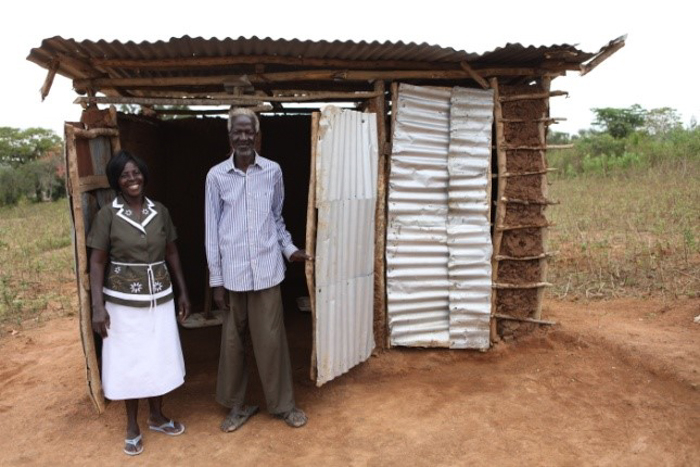
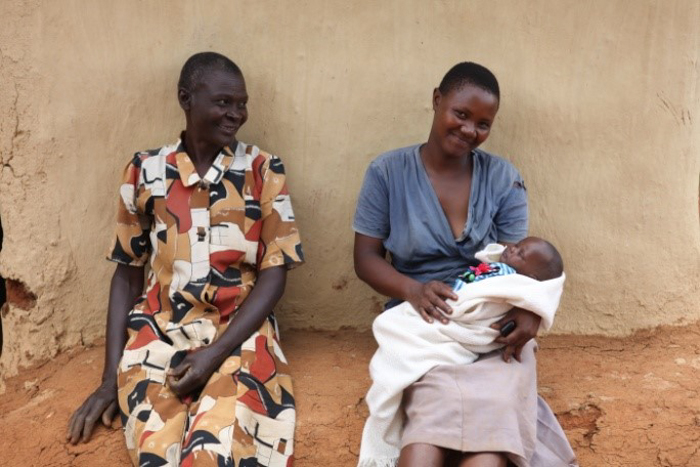
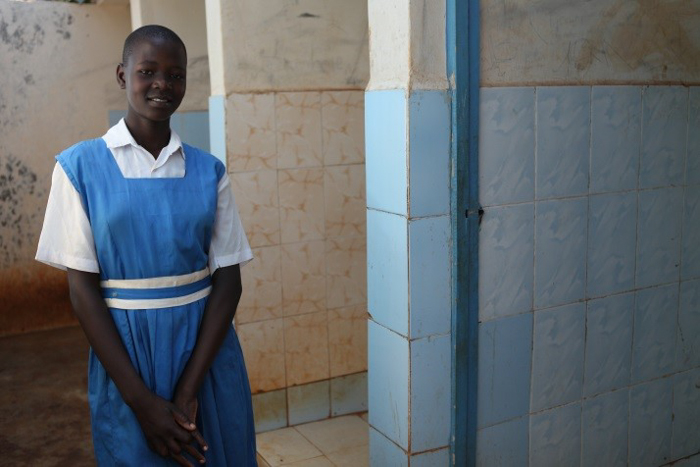
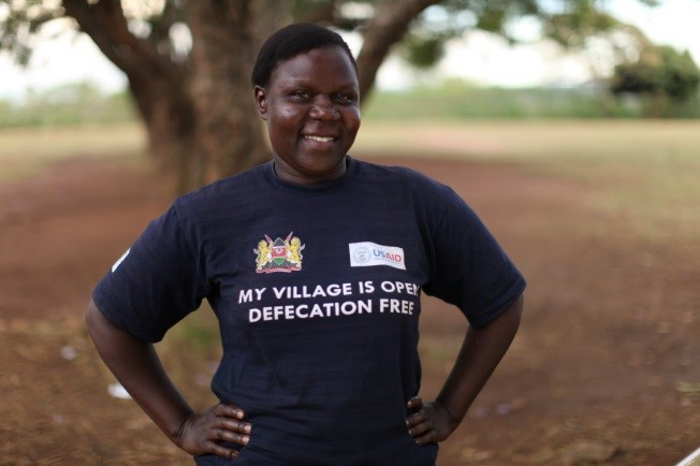
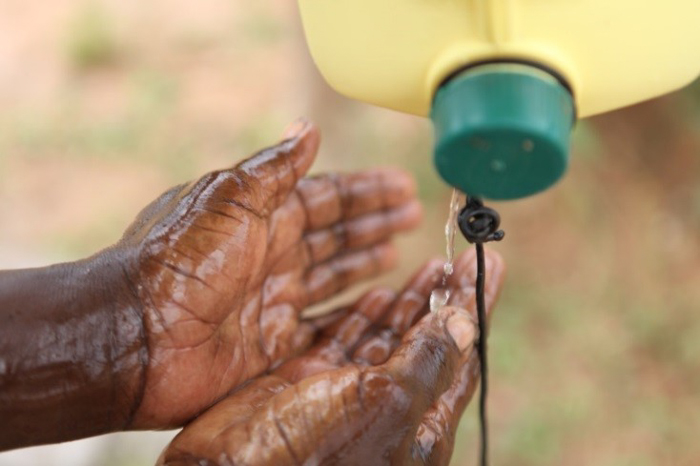

Domestos on the list! Thanks for the info, happy to support.
Thank you Bel!
I hadn’t thought of it and you’re right, we do take this for granted. Great to bring a spotlight to this, thanks for sharing.
Thank you Tara!
I didn’t know it was world toilet day. I lived in Indonesia for a couple of years and I was luck to have a toilet that was connected to pipes. It a squat toilet flushed using a bucket of water, but it was better than a lot of people had, especially in the villages. Kids would have dysentery 12 times before they were two which is unheard of here. Something so simple we definitely take for granted.
Oh wow, you must have seen first hand how important something like this is then – I can’t believe those little kids you saw who had dysentery. We are so lucky, I didn’t realise either.
sadly so many kids die from it. In the little village/slum I lived in people bathed in the river which was also the sewerage line and the rubbish dump and their fishing hole. I could believe it! We’re very lucky here to have running water and flushing toilets. Such simple things…
That’s so horrible! We are lucky lucky people.